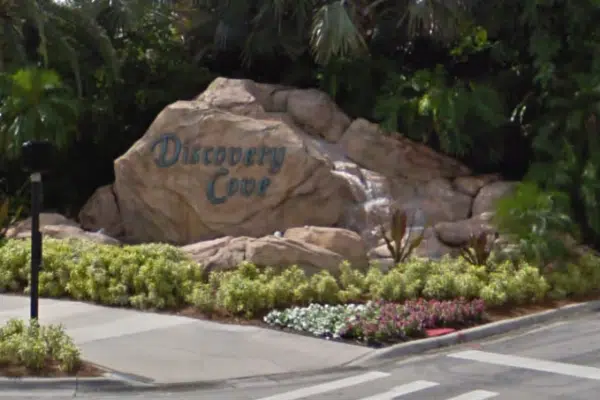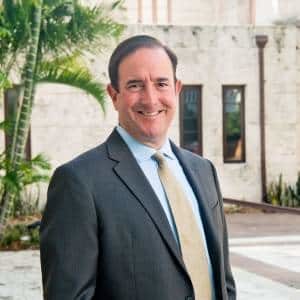
A man has died following an incident at Discovery Cove Orlando, FL on Monday morning, August 26, 2024. According to Fox 35, Douglas Reid, 51, was discovered unresponsive in a pool and later pronounced dead at Orlando Health Doctor Phillips.
Deputies were dispatched to the park shortly after 10 a.m., where they were supported by Orange County Fire Rescue. Reid was taken to the hospital for what is being treated as a possible drowning. The Orange County Medical Examiner’s Office is currently investigating the cause and manner of his death.
In a statement, Discovery Cove acknowledged the situation: "Our staff responded to a medical emergency involving a guest this morning. Our team provided care and contacted Orange County Fire & Rescue. When emergency personnel arrived, they took over care and transported the guest to a nearby hospital. Our thoughts are with this family."
This incident follows a tragic event just two months prior, where a 13-year-old drowned in a pool at the same facility.

In the aftermath of tragic drowning incidents at theme parks, families often face overwhelming challenges. To better understand the legal options available, we spoke with Mike Haggard, an experienced Florida attorney experienced in drowning cases. Mike Haggard shares insights on how families can navigate the complexities of holding negligent parties accountable and what steps they can take to seek recourse.
Editor Darla Medina: Thank you for joining us today. Given the recent tragedy at Discovery Cove, what legal options do families have when faced with a drowning incident at a resort or theme park pool?
Attorney Mike Haggard: Families may explore several avenues. If negligence is involved, they can file a personal injury or wrongful death lawsuit against the park. This could include failures in supervision, inadequate safety measures, or improper staff training.
Medina: What evidence would families need to support their case?
Haggard: Key evidence includes witness statements, medical records, and any surveillance footage from the park. Documentation of safety protocols and employee training practices can also be critical.
Medina: How can families hold negligent parties accountable?
Haggard: Holding parties accountable often requires proving that they failed to meet a reasonable standard of care. This means showing that their actions directly contributed to the incident. Legal representation is vital for navigating this process effectively.
Medina: Thank you. This information is invaluable for families seeking answers and support during such difficult times.
If you or a loved one has been affected by a near drowning or a fatal drowning incident at a theme park, it's important to know that you don't have to face this alone. Our team is here to help you navigate your legal options and seek the support you need during this difficult time. Contact us today for a free consultation, and let us assist you in understanding your rights and the steps you can take moving forward.
 info@legalherald.com
info@legalherald.com